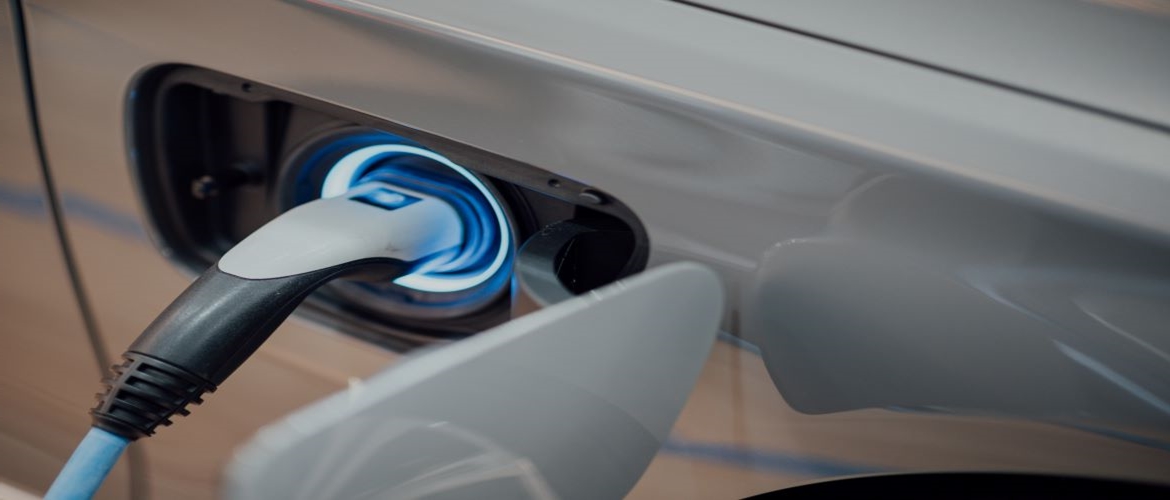At Swansea, you will benefit from a high-quality, research-informed
education that combines a range of effective and inclusive teaching methods,
carefully tailored to suit the needs of your course. Most courses are taught
in person, on campus, giving you the opportunity to
actively engage with other students, academic staff, and the wider
university community.
You can expect a mix of
lectures, seminars, workshops, and practical sessions -
including laboratory work, skills training, or studio-based teaching where
relevant to your discipline. These sessions are designed to encourage active
participation, collaboration, and the development of both subject-specific
and transferable skills.
Digital learning tools are also used to enhance your
learning experience. These may include:
-
Recorded lectures to support flexible study and
revision.
-
Virtual labs or simulated environments, particularly in
science, healthcare, and technical disciplines.
-
Online resources on the university’s virtual learning
environment (Canvas), including videos, reading materials, quizzes, and
discussion forums.
This approach enables you to engage with and review content at your own pace
while benefiting from the structure and support of in-person teaching.
This course may offer some modules taught through the medium of Welsh or
bilingually for students who consider themselves to be fluent Welsh
speakers. For more details on the provision available see the Welsh
Provision expander below.
N.B If you are an international student studying with a Student Route
Visa, please note that your timetabled activity, along with any
additional supervisory activity (with Swansea University staff present)
will take place on campus. In line with UKVI protocol, these sessions
will be monitored and data made available on request.







